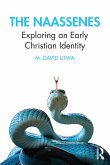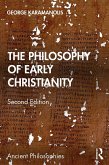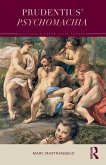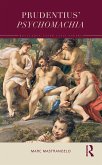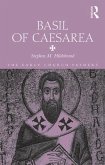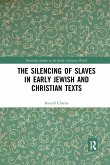This volume examines the prevalence, function, and socio-political effects of slavery discourse in the major theological formulations of the late third to early fifth centuries AD, arguably the most formative period of early Christian doctrine. The question the book poses is this: in what way did the Christian theologians of the third, fourth, and early fifth centuries appropriate the discourse of slavery in their theological formulations, and what could the effect of this appropriation have been for actual physical slaves? This fascinating study is crucial reading for anyone with an interest in early Christianity or Late Antiquity, and slavery more generally.
Judicious in its handling of primary sources and theoretically sophisticated, Chris de Wet's The Unbound God: Slavery and the Formation of Early Christian Thought is an incisive analysis of the extent to which "doulology"-his apt neologism-shaped early Christian thought, informing basic Christian teachings on Christology, pneumatology, and sin.
- Jennifer Glancy, Professor of Religious Studies, Le Moyne College, USA
- Jennifer Glancy, Professor of Religious Studies, Le Moyne College, USA



